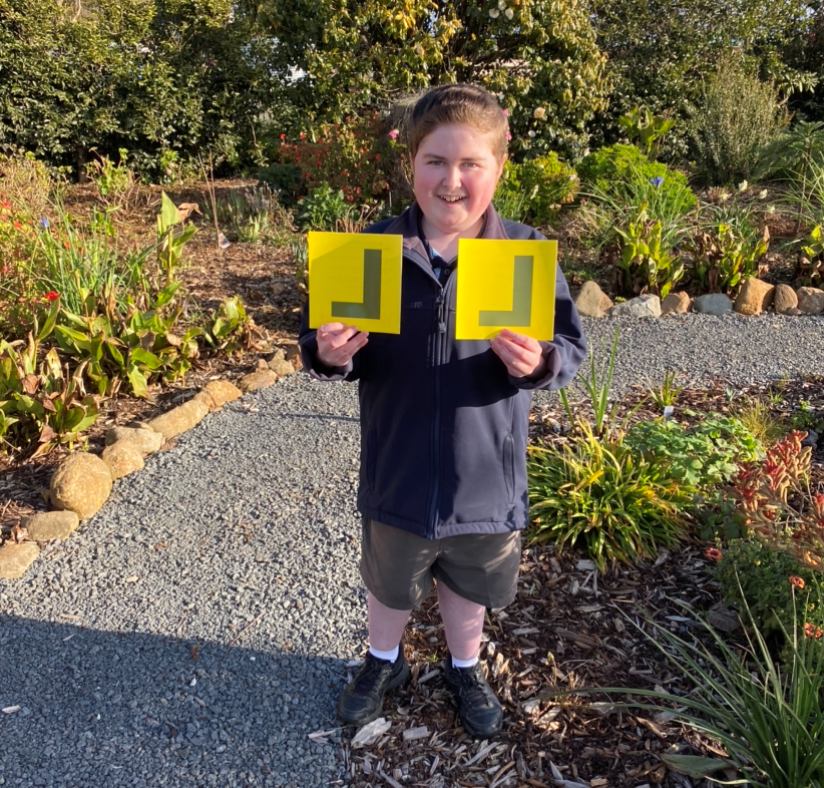The first inkling that anything was amiss with Jack was at kinder, when his teacher alerted mum Melissa and her husband Jason that their five year old was climbing stairs differently to the other kids and was slightly slower when running.
Jason and Melissa immediately consulted with specialists locally in Tasmania, first a physiotherapist, then a paediatrician, then Jack was referred to a neurologist.
“When we first met with Jeremy Freeman, a neurologist from the RCH it was quite a shock, that’s when we first heard the term Duchenne Muscular Dystrophy,” Melissa said. “I remember for over a week, I didn’t sleep or eat and was constantly in tears.”
Duchenne Muscular Dystrophy is a neuromuscular, genetic disorder that causes progressive deterioration of muscle strength and function. At the time there were no locally based neurologists in Tasmania, so the Butler family travelled from their home town of Penguin to see the expert team at the RCH.
What followed was a series of appointments and tests, revealing that Jack’s little bother Max, three, also had the condition. Thanks to funding provided by Muscular Dystrophy Australia (MDA), the RCH has a dedicated multidisciplinary neuromuscular clinic which brings together over 10 types of specialists to ensure patients with Muscular Dystrophy have access to the most advanced care. The MDA Neuromuscular Clinic is essential to ensuring the best outcomes for children with Muscular Dystrophy, and it’s the only one of its kind in Australia.
At their very first appointment, the boys met Dani Villano, the MDA Neuromuscular Nurse Coordinator who’s been an integral part of their RCH journey.
“It helps to see the same friendly faces, they’ve all been there from the beginning of this journey. Nothing is ever too much trouble, they truly care,” Melissa said.
Jack, now 16 and Max, 13, attend the clinic at the RCH twice a year to monitor their care and development. While the COVID-19 pandemic and border closures have interrupted Jack and Max’s routine clinical appointments, it hasn’t kept them from managing their progess, undertaking their appointments with the MDA Neuromuscular Clinic via telehealth. Due to the impacts of COVID-19, this year the RCH have provided up to 70 per cent of all clinical appointments through telehealth.
“While telehealth has challenges in regards to undertaking some tests and functional abilities, it’s great for families who would usually need to travel, and we find they’re often more engaged because they can do it from the comfort of their own home,” Daniella said.
“Telehealth was fantastic, of course not the same as face to face, but it was great to see all those familiar and friendly faces!” Melissa said.
“Jack and Max have been brilliant in managing their condition, and have surpassed all expectations! Boys with Muscular Dystrophy would normally need a wheelchair in the first decade of life, however both Jack and Max are in a really good position,” Daniella said.
Both boys are still mobile, only using mobility scooters to get around school so they don’t tire themselves out. Recently, Jack celebrated a major milestone, passing his learners permit. Melissa said the RCH team in the MDA Neuromuscular Clinic have been like a family since Jack and Max received their diagnoses.
“The RCH team are so supportive, especially when Jack got his ‘L’ plates. We sent a picture to Daniella and she was so excited and showed the rest of the team – it’s the little things that makes this team so wonderful,” Melissa said.

Jack with his ‘L’ plates